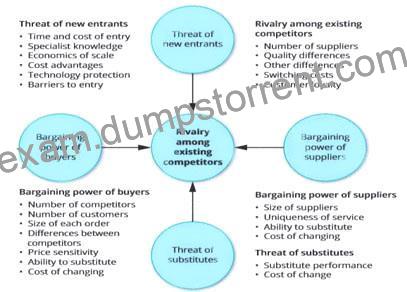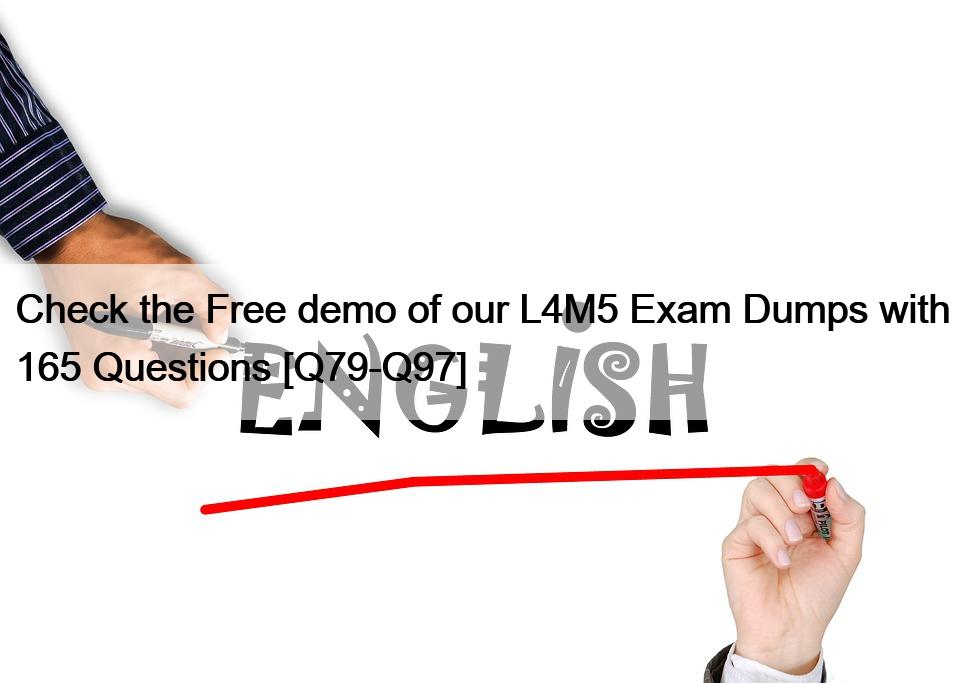QUESTION 88
JCB is a large manufacturer of heavy machinery. The CPO is going to a negotiation with a Chinese supplier about procuring some major components. He is wondering about balance of power in the negotiation. Which of the following micro factors are most likely to shift the balance of power towards the buying organisation in this commercial negotiation? Select TWO that apply
Explanation
There are many factors that can influence the balance of power in a negotiation. These factors are classified into 3 levels:
– Macro level: STEEPLE framework: social, technological, economic, environment, political, legal and ethical
– Micro level: Porter’s five forces:

Diagram Description automatically generated
– One-to-one buyer-supplier dynamics.
The question asks about the micro factors that increases buyer’s bargaining power. Among 5 answers, only 2 are likely to increase buyer’spower:
– JCB’s switching costs are low: Buyer may easily switch its suppliers anytime
– These components are highly standardised: The products are not different any more, buyer may choose to buy from any supplier available.
Other answers cannot be correctbecause:
– Suppliers are more concentrated than buyer: Suppliers are forming oligopoly market, their bargaining power tend to be greater.
– Eruption of epidemic in supply market: this is a macro factor. Eruption of epidemic may cause factories closed and disruptions on supply chain.
– Buyers purchase in small volumes: Buyer will be seen as less potential to suppliers. Buying organisation may have difficulties to deal better price with suppliers.
LO 1, AC 1.3
